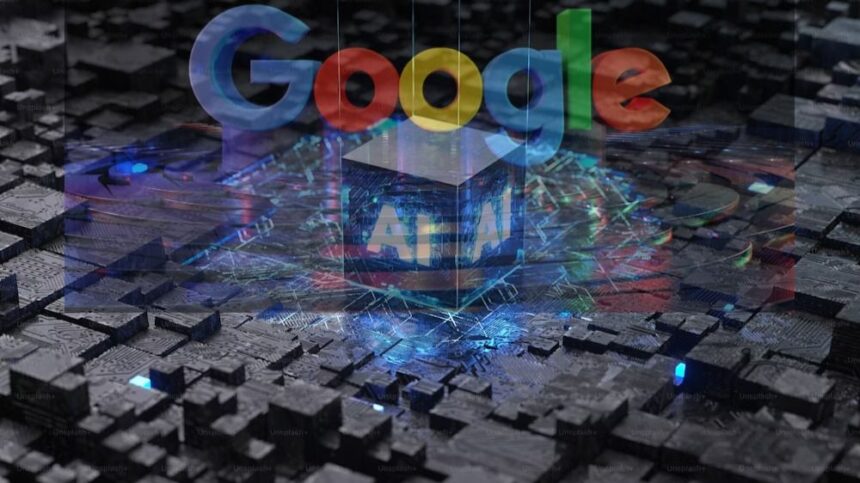In a move aimed at safeguarding democratic elections, several major technology companies including Adobe, Google, Meta, Microsoft, OpenAI, and TikTok are working together to create guardrails for the use of artificial intelligence. The collaboration comes in response to the growing threat of AI-generated election interference, with instances already emerging of AI robocalls mimicking political figures’ voices to manipulate voters.
The joint effort is set to culminate in an agreement that will outline a roadmap for restricting the deceptive use of AI tools in democratic processes. With over 50 nations scheduled to hold national elections this year, the need for such guardrails has never been more pressing. In response to these concerns, the companies involved are looking to finalize and present the details of their agreement at the upcoming Munich Security Conference in Germany.
The aim of this collaborative effort is to combat the deceptive use of AI targeted at voters. As part of this initiative, the companies are working on implementing safeguards on their own generative AI tools, which are capable of manipulating images and sound. Additionally, they are also exploring ways to identify and label AI-generated content on social media platforms, allowing users to distinguish between real and manipulated content.
While several major players in the tech industry have been named as part of this joint effort, notable omissions include X (formerly known as Twitter), owned by Elon Musk, and Sam Altman, who has been vocal about the need for regulations on AI. The absence of these companies and voices from the conversation raises questions about the breadth and inclusivity of the collaborative efforts being made.
The proactive stance taken by these technology companies is a testament to the recognition of the potential harm that AI-generated content can inflict on the democratic process. By acknowledging the need for guardrails and committing to collaborative action, they are taking a step in the right direction to proactively address the challenges posed by AI interference in elections.
In my opinion, the collaborative efforts of these technology companies are a positive step forward in addressing the potential misuse of AI in influencing democratic processes. The prevalence of AI-generated election interference poses a significant threat to the integrity of democratic elections worldwide. By coming together to create guardrails and restrict the deceptive use of AI tools, these companies are demonstrating a sense of responsibility and accountability in safeguarding the democratic process. However, the absence of certain key players in the conversation highlights the need for broader inclusivity and collaboration within the tech industry to effectively address this issue. Going forward, it will be crucial for all stakeholders to actively engage in discussions and actions aimed at regulating the use of AI in democratic processes to ensure the integrity and fairness of elections.


